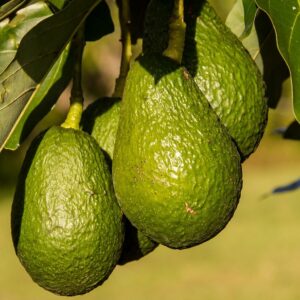
Some of the best fruits for skin health include: The term “skin health” refers to the condition of an individual’s skin in all aspects including how it looks, how it functions and how healthy it is overall. Skin that is… Read more

Avocados are a type of fruit that are originally found in South and Central America. When unripe, their skin is green, rough and bumpy when mature, the skin is smooth and can range in colour from dark green to purple.… Read more

Cutting back on sugar consumption may be advantageous for one’s health and well-being in general. The following are some suggestions that can assist you in cutting down on your consumption of sugar: It is essential to point out that lowering… Read more

A diet that eliminates all sources of added sugars is known as a “no sugar diet.” Following such a diet requires abstaining from all foods and beverages that contain added sugars including things like soda, candy, baked goods and sweetened… Read more

A diet that does not contain any added sugars at all is referred to as a “zero sugar diet”. This requires a complete abstinence from all beverages and foods that contain added sugars such as soda, candy, baked goods and… Read more

Unpasteurized dairy products are dairy products that have not been heated to a temperature high enough to kill the harmful bacteria that can be found in dairy products. Milk, cheese and yoghurt are all examples of products that are made… Read more

Plants including broccoli, cauliflower, cabbage, kale and Brussels sprouts are examples of cruciferous vegetables. Numerous health advantages of cruciferous vegetables have been documented among the most significant are: It’s crucial to remember that eating cruciferous vegetables is vital, but so… Read more

Glucosinolates which are present in cruciferous vegetables are transformed into isothiocyanates when the veggies are chopped or chewed. It has been demonstrated that these isothiocyanates are particularly effective against prostate, colon and lung malignancies. Numerous cancers including lung, colon, breast,… Read more

Although it isn’t entirely clear how many cruciferous vegetables you should consume to benefit from them it is advised that you do so as part of a balanced diet. Adults should eat at least 2 1/2 cups of a mix… Read more

Add them to salads: Chop up some broccoli, cauliflower or cabbage and add them to your favorite salad for a nutrient boost. Steam or sauté them as a side dish: Steam broccoli or cauliflower and add a little butter or… Read more
